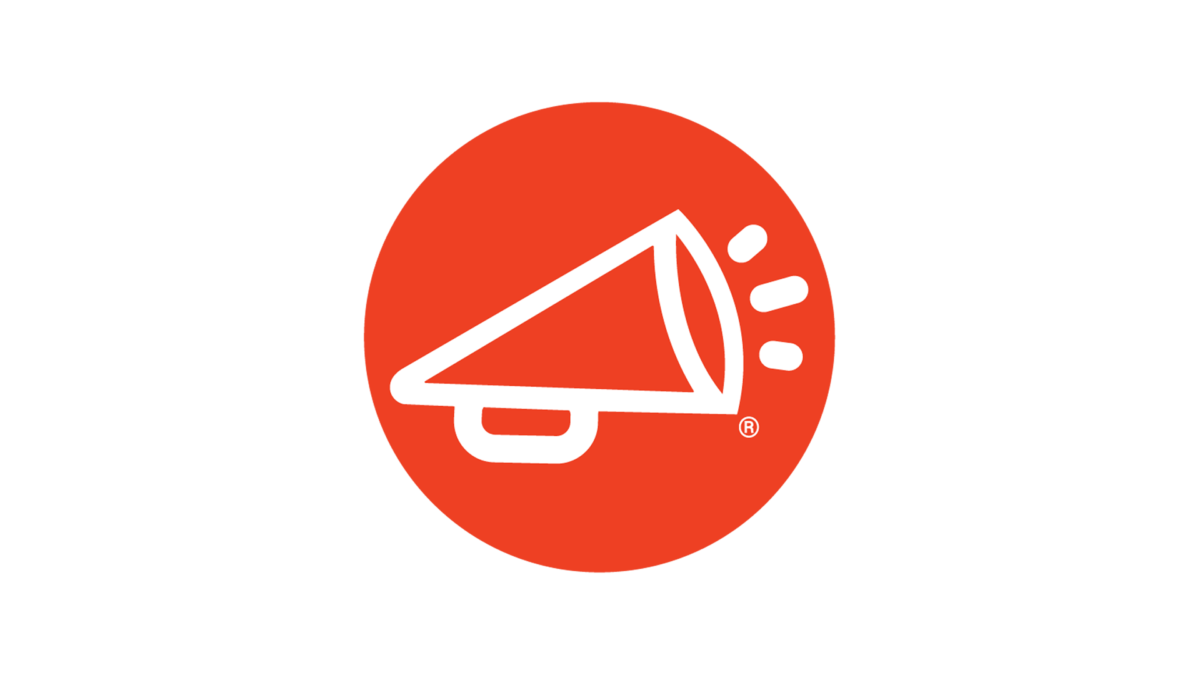In a recent presentation at the HR Management Institute in Bonita Springs, FL, Michael Levy, CEO of WorkProud, shared his insights on the profound impact of pride in the workplace. Drawing from his own journey and the findings of the 2020 WorkProud Study, Levy illuminated the transformative power of instilling pride both in individual contributors and within the fabric of the company itself. As anticipation builds for the upcoming release of the 2024 study, it’s imperative to delve into the origins and significance of the concept of pride.
“If you can build pride in individuals for the jobs that they do, you will make magic happen. And if you can build pride in the company as well, well, that’s just icing on the cake.” – Michael Levy
Through meticulous research and collaboration with esteemed researchers like Dr. Rick Garlick, WorkProud embarked on a quest to unravel the intricate dynamics of pride in the workplace. The 2020 WorkProud Study laid the groundwork, distinguishing between two pivotal dimensions: individual pride and company pride.
Individual Pride: Anchored in one’s job, function, and role within the organization, individual pride forms the bedrock of personal satisfaction and engagement. It encompasses the intrinsic value individuals perceive in their contributions, irrespective of external factors.
Company Pride: Extending beyond individual realms, company pride transcends organizational boundaries, fostering a sense of belonging and loyalty among employees. It encompasses advocacy for the workplace, its products, and its overarching mission.
Central to WorkProud’s narrative is the role of storytelling in nurturing and amplifying pride. As Levy elucidated, the art of storytelling serves as a conduit for recognition, appreciation, and validation. By sharing anecdotes of commendable actions, employees reaffirm their significance and contribution to the collective tapestry of the organization.
“You know, it wasn’t just thanks. They were detailed stories about how employees had helped one another, and how managers have done this, and how examples have affected their customers, and so forth.” – Michael Levy

“Why do people want to tell stories? So I said, ‘Well, we’re going to need to understand what this means’. And so began the trajectory and transitioned to this idea of WorkProud and what we stand for now. And we said, ‘Well, we’re going to do a bit of a study’.” – Michael Levy
The findings of the WorkProud Study shed light on the profound implications of pride in shaping organizational dynamics and employee behavior. From job satisfaction to retention rates, the ripple effects of pride permeate every facet of the workplace ecosystem.
Key Insights:
Employees with high pride were 10X more likely to be satisfied with their jobs and 24X more likely to stay at their current company.
As demographics shift and the workforce landscape evolves, companies must recalibrate their approaches to accommodate the expectations of younger generations. Gen Y and Gen Z, characterized by heightened expectations for recognition and career advancement, necessitate a paradigm shift in organizational culture.
What do the younger generations desire at work?
“The younger generation has a tendency to want to be appreciated and acknowledged as table stakes, meaning they’re expecting this to happen, whereas older generations of Gen X and baby boomers, they expected to have longer careers at the companies and were not necessarily needing to be given some kind of recognition and acknowledgment and appreciation on an ongoing basis.” – Michael Levy

Armed with insights from the WorkProud Study, organizations have the opportunity to embark on a transformative journey toward building a culture of pride. By assessing current levels of pride, benchmarking against industry standards, and implementing targeted storytelling initiatives, companies can foster a sense of belonging and purpose among employees.
As WorkProud prepares to unveil the findings of the 2024 study, the spotlight remains on the enduring significance of pride in shaping the future of HR. Through a concerted focus on storytelling, recognition, and appreciation, organizations can chart a course toward sustainable engagement and organizational success.
In conclusion, the concept of pride transcends mere satisfaction or contentment – it embodies a profound sense of fulfillment, purpose, and belonging. As Michael Levy aptly articulated, building pride in individuals and companies is akin to wielding a magical wand, capable of unleashing untapped potential and fostering a workplace culture where every individual feels seen, valued, and empowered.
WorkProud is committed to helping its clients create a unified approach to the employee experience by helping them build cultures of workplace pride. Trusted by millions of users at some of the world’s most recognized employer brands, WorkProud delivers a comprehensive approach to building company cultures that inspire people to be Proud of their Work and Proud of their Company.

Every month, we share news, knowledge, and insight into what we believe is a pretty simple proposition: If you are “proud of your work and proud of your company,” you are more engaged, more productive, and more likely to stay with your company for the long haul.
*By selecting “SIGN UP,” you agree to WorkProud’s Privacy Policy. You may unsubscribe from our newsletter at any time. Please note when unsubscribing: it may take up to 10 business days for your request to take effect.